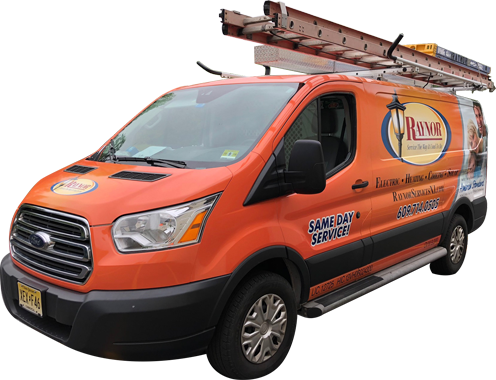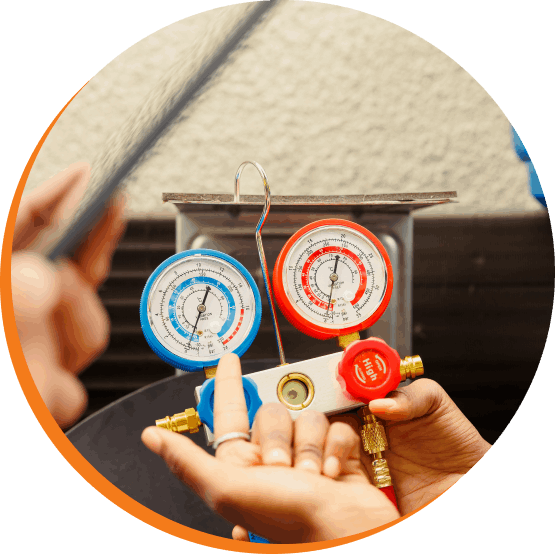Features of Home Generators
If it’s time to purchase a new home generator, you’ll want to consider your options, as we offer a wide variety of Kohler home generators. Deciding which home generator will best serve your home’s electrical needs means getting familiar with what features will help you best. Electrical accidents happen, and no homeowner should have to go through the stress of a power outage without a little backup, and a good place to start is with a little research.
What You Can Expect Out of Your Next Home Generator
When thinking of a generator, you might be thinking of a portable generator. A home generator, however, is a big expense and a permanent installation to your home, which is why it’s crucial to do a little homework first before you start collecting quotes. It’s crucial you find a home generator that’s fit to power your house, as your comfort, food, and access to water are all at stake. Buying a home generator should never be a spontaneous purchase, as you’ll want something that not only works right but will last its warranty. When selecting a new home generator, here a few features to consider.
- Single phase or three phase. Picking between a single or three phase home generator will depend on your power needs and your budget. A single phase home generator is less complex and less costly. Most homeowners, whether they live somewhere residential or rural, use a single phase home generator, as their electrical loads are small. Three phase home generators are much more expensive to install and maintain, but it could be necessary depending on where you live and your power demand.
- Revolutions per minute (RPM) or engine speed. Another feature to consider is your home generator’s engine speed or RPM. The speed of your home generator translates into three things: noise, fuel usage, and lifetime. Generally, the lower the speed, the longer your home generator will last.
- Off-grid or utility backup. A utility backup generator, or standby generator, runs off your utility line and automatically turns on within seconds after a power outage. If you decide on a utility backup generator, it’s important to know that it runs on an external fuel supply such as gas, propane, or diesel. When the utility line is down, a utility backup generator can power itself and thus power your home. A utility backup generator is ideal for homes that need non-stop electricity, as it can seamlessly transition between generating power to your home and using power from the utility line. An off-grid generator is not only a potentially energy efficient option, but a cheaper one, especially if you live somewhere rural and would need a utility line extended to your property.
Your Home’s Electricity Can’t Wait
The last thing you want to do is shop for a home generator when the power goes out, as it’s a permanent and costly appliance to add to your home. A home generator gives your home the backup it needs whenever a major storm hits. If you’re ready to prepare your home, our team can help you select the right home generator to fit your needs. Don’t wait until the lights go out, call us today.


